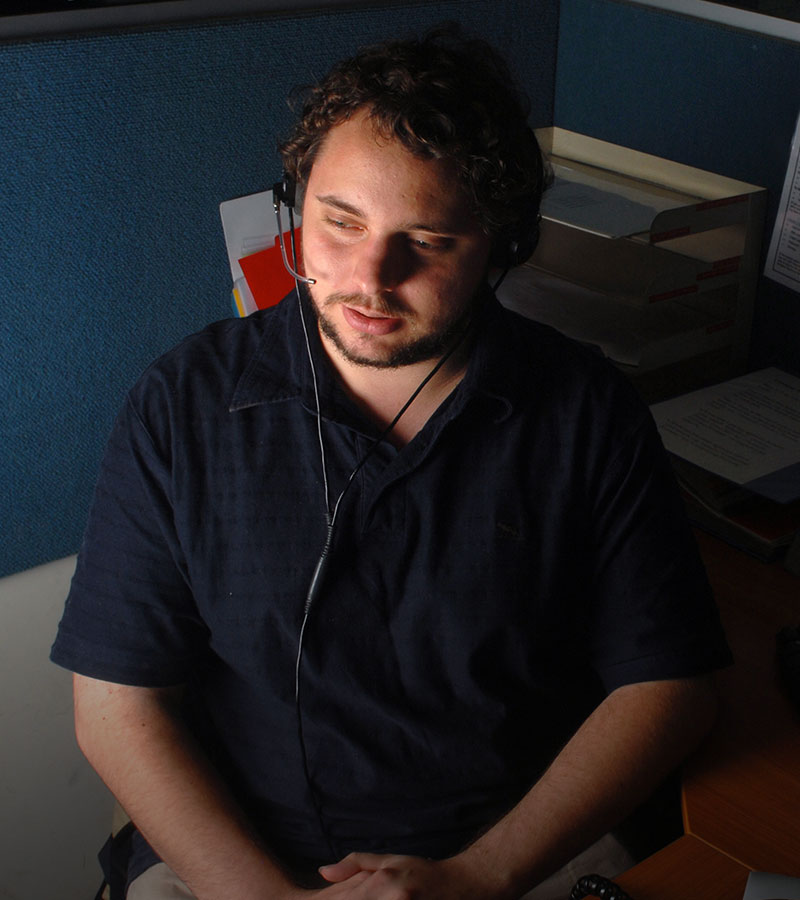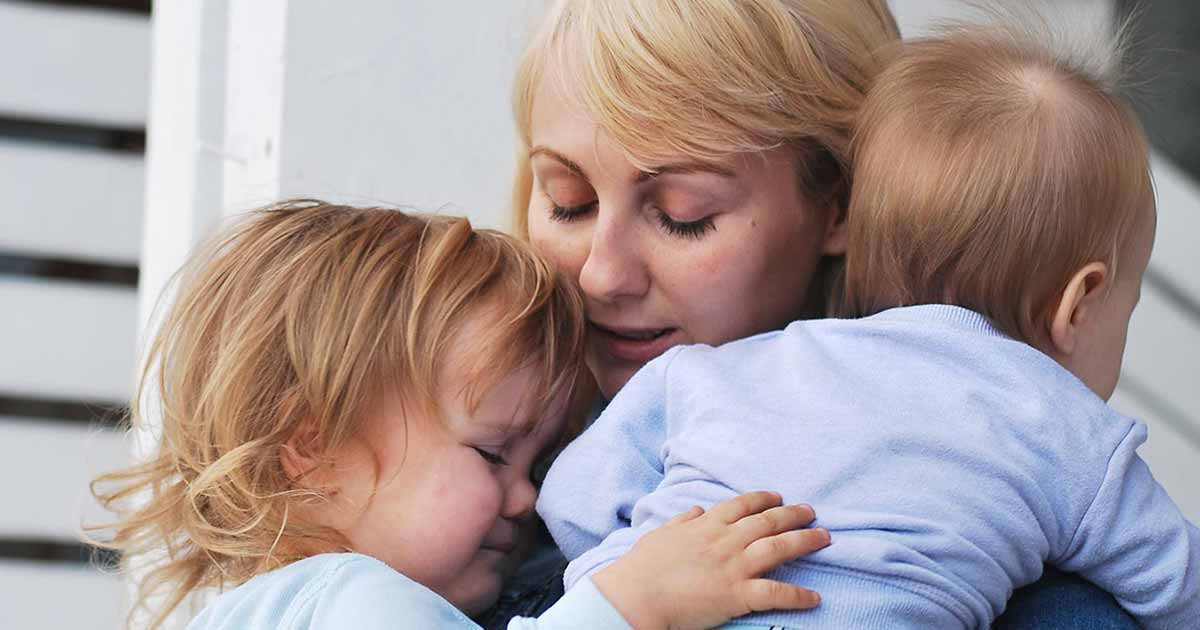At Lifeline Queensland, we believe everyone is capable of responding with care and confidence to people doing it tough – but education is key.
Our Lifeline courses offer practical training online, as well as in offices and worksites across Queensland, so colleagues and peers are well-equipped to have difficult conversations and respond appropriately if someone shares about their experiences with mental health. We can help you create mentally healthy workplaces or provide you with the skills and qualifications to answer calls to our 13 11 14 Crisis Line.
Often these skills aren’t just useful between 9am and 5pm, and we hope you take them home and back into your local community.

Workplace training
Upskill your team to create a mentally healthy workplace where people feel safe to discuss difficult emotions.

Lifeline Crisis Supporter training
Learn how to support someone in crisis when they call the Lifeline 13 11 14 Crisis Line and potentially save their life.

DV-alert
Learn how to recognise and respond to someone experiencing domestic and family violence.















